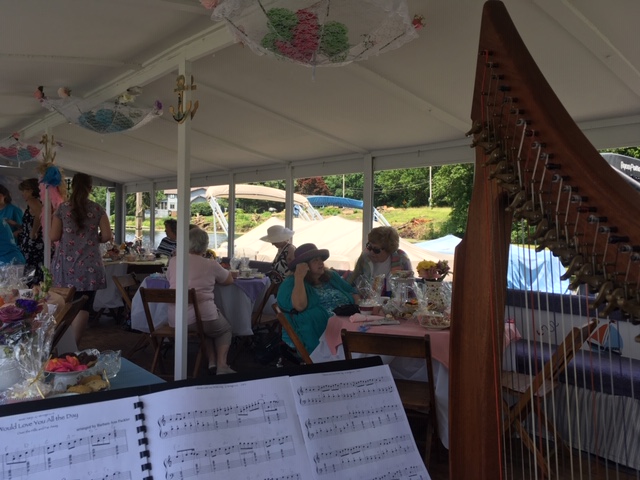
10/02/2021
Two things this week reminded me of the importance of knowing the lyrics for the music you perform. It makes all the difference in how interpret ALL of your music, even your orchestral parts. This concept came back to me over and over during my years playing Sunday brunch. The most common complaint about subs I used was that the harpist “didn’t know the music”. They didn’t mean that the notes weren’t known. They didn’t like that the rendition of the music didn’t support the lyrics of which they were sentimental. Good point, really, and if one heeds that, musicality is improved.
First, I read this post by Doug Yeo, former bass trombone of the Boston Symphony. I knew Doug when he was doing his undergrad work. He was incredibly focused on his goals as an undergrad and spent hours working his craft. Not just to be good, but to be excellent.
Then, on BBC3 this morning, tenor Nicky Spence hosted INSIDE MUSIC His program today focused largely on text and he described how, when singing Schubert songs, the play between the pianist and vocalist is so lovely. It is, if the pianist understands how the lyrics affect interpretation of his part. Absolutely, when that’s done, it’s mesmerizing.
I’ve heard a lot of musicians with brilliant technical facility and dim musicality. So, I remind us all, once again, that our most important tool is our ears. Remember, sometimes, it requires going beyond what we hear; to a study of the score.
Doug Yeo recommends that his students write the words under their notes. Why? Because when they are doubling a vocal line they need to phrase their lines exactly as the singers.
Whether as harpists we play classical, pop, Celtic, it doesn’t matter. Phrasing is often directed by lyrics and if you don’t know them, you may not be playing the music correctly.
Play dance tunes at a tempo that fits the feet. Play songs at a tempo that allows every word to be articulated, in the mood called for by the text. Don’t break phrases of text in awkward places. In choral works, study the lyrics. In orchestral works, know when you double or complement another line. Go beyond the notes on the page to dig in and understand all of it. What’s the point if it’s not lovely?
Take some time, read Doug’s post, then listen to Nicky Spence’s program (ranges from classical to pop to jazz), then listen to everything intently, including your own music.
